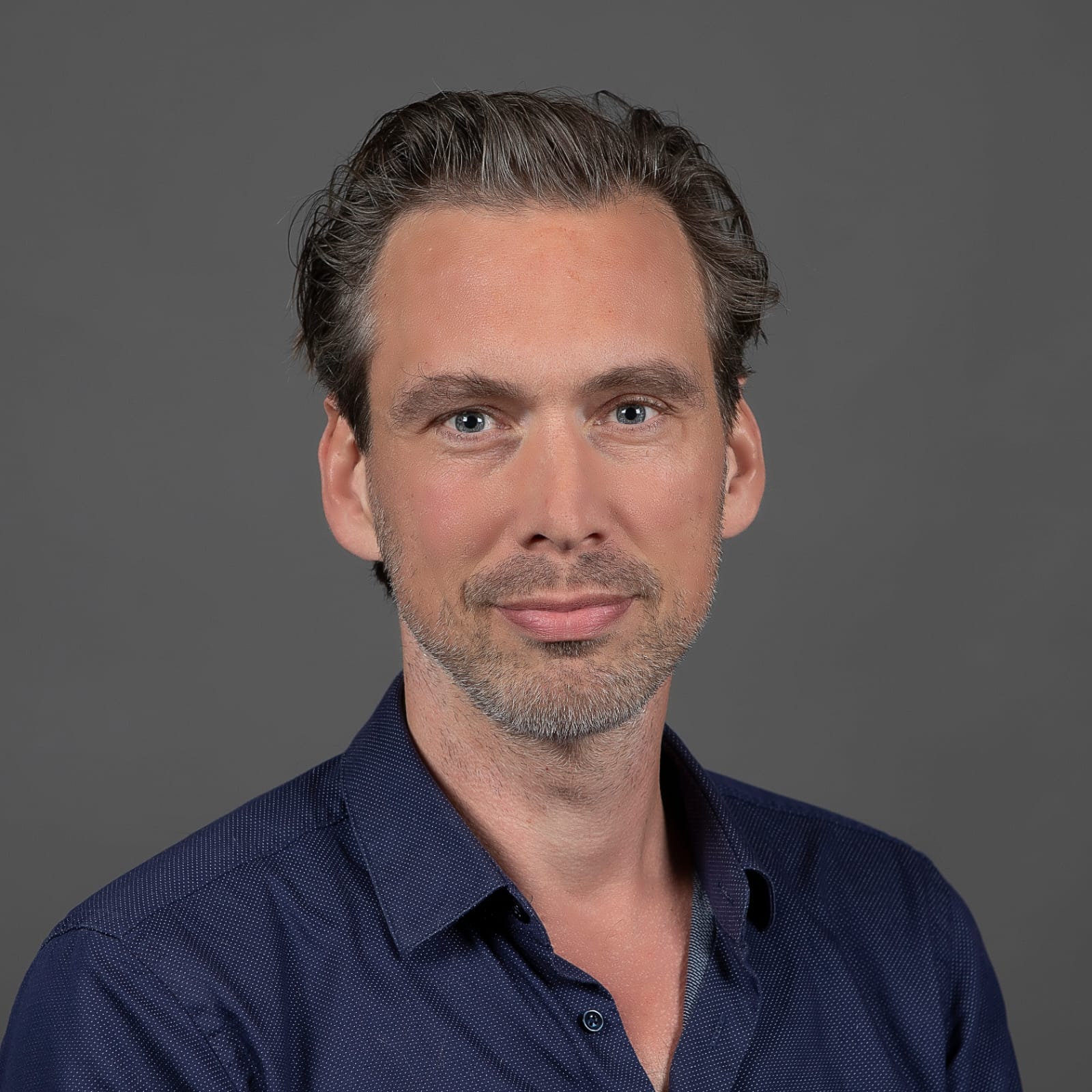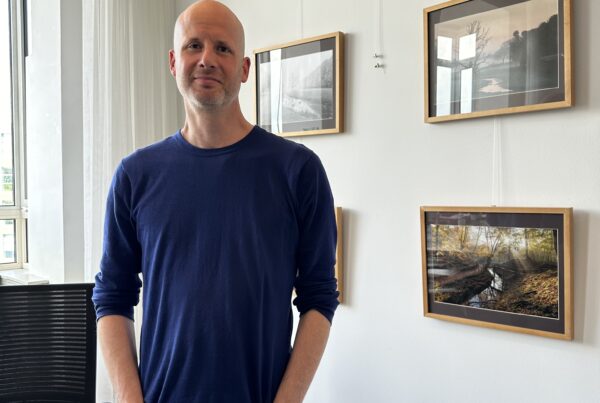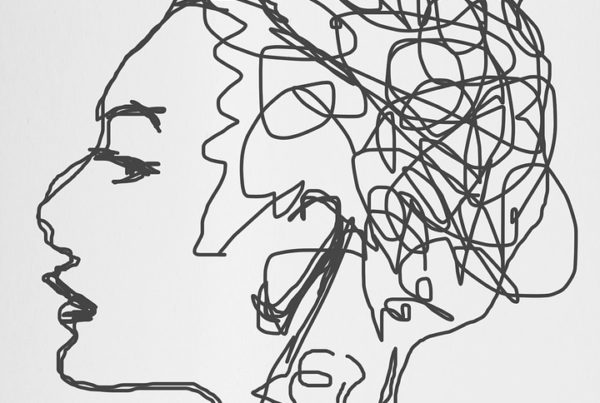
Frenk van Harreveld has been appointed as the new director of the Psychology Research Institute, succeeding Han van der Maas. We congratulated him on his appointment and talked about his new position.

What path did you take before becoming director of the Psychology Research Institute?
‘I did my master’s and bachelors at the UvA. However, back then it used to be one programme. Part of it I did in the United States, both for my thesis and my Ph.D. After finishing university, I thought I needed to do something completely different so I worked in management consulting. It was a good learning experience but not for me. Luckily, I realised this soon enough so there was still a backdoor I could use to sneak back into academia. And since then, I have been mostly at the UvA.’
What has changed for you with your new position?
‘As a professor of social psychology, I have always had a strong interest in tying the research to societal issues and external organisations where we can apply our scientific insight into human behaviour. This is something I am actively pursuing with my work for the RIVM (National Institute for Public Health and the Environment) which focuses on helping the behavioural sciences within the institute to grow and fostering collaborations between the RIVM and the UvA. Now, as director of the Psychology Research Institute, I am in the position to focus even more greatly on multidisciplinary research and applying our psychological insights into human behaviour.’
How has COVID-19 affected the Psychology Research Institute?
‘The Institute is currently working together with the RIVM to do research regarding COVID-19. One of our studies can be found online, under ‘smart distance lab,’ which investigated social distancing at events. Over a thousand visitors at an art fair wore a tracking device that measured their distance to others. These visitors were part of one of three conditions: the device vibrated when the distance to others was less than 1.5 meters, they received instructions to keep a distance of 1.5 meters, or they had to wear a face mask. While the data was analysed by the psychological methods department under Denny Borsboom, the clinical psychology department under Sanne de Wit has been working on behavioural strategies that can influence social distancing. However, such collaborations between psychology departments and governmental institutions or companies were common even before COVID-19. For example, regarding sustainability, we have been researching how biodegradable plastic could be introduced to consumers as an alternative since it is more expensive than PET.’
What are your goals for the Psychology Research Institute?
‘I am extremely proud of our Research Institute and its incredible researchers who contribute greatly to their fields. One aspect in which we can still grow is applying our psychological knowledge to pressing societal issues. This can be achieved by focusing on multidisciplinary collaborations across research institutes and governmental departments and working together to solve the most pressing societal issues we currently face. What we should focus on now in our Research Institute is to pinpoint one or two societal issues that are of great importance and collaborate across the programmes.’

What path did you take before becoming director of the Psychology Research Institute?
‘I did my master’s and bachelors at the UvA. However, back then it used to be one programme. Part of it I did in the United States, both for my thesis and my Ph.D. After finishing university, I thought I needed to do something completely different so I worked in management consulting. It was a good learning experience but not for me. Luckily, I realised this soon enough so there was still a backdoor I could use to sneak back into academia. And since then, I have been mostly at the UvA.’
What has changed for you with your new position?
‘As a professor of social psychology, I have always had a strong interest in tying the research to societal issues and external organisations where we can apply our scientific insight into human behaviour. This is something I am actively pursuing with my work for the RIVM (National Institute for Public Health and the Environment) which focuses on helping the behavioural sciences within the institute to grow and fostering collaborations between the RIVM and the UvA. Now, as director of the Psychology Research Institute, I am in the position to focus even more greatly on multidisciplinary research and applying our psychological insights into human behaviour.’
How has COVID-19 affected the Psychology Research Institute?
‘The Institute is currently working together with the RIVM to do research regarding COVID-19. One of our studies can be found online, under ‘smart distance lab,’ which investigated social distancing at events. Over a thousand visitors at an art fair wore a tracking device that measured their distance to others. These visitors were part of one of three conditions: the device vibrated when the distance to others was less than 1.5 meters, they received instructions to keep a distance of 1.5 meters, or they had to wear a face mask. While the data was analysed by the psychological methods department under Denny Borsboom, the clinical psychology department under Sanne de Wit has been working on behavioural strategies that can influence social distancing. However, such collaborations between psychology departments and governmental institutions or companies were common even before COVID-19. For example, regarding sustainability, we have been researching how biodegradable plastic could be introduced to consumers as an alternative since it is more expensive than PET.’
What are your goals for the Psychology Research Institute?
‘I am extremely proud of our Research Institute and its incredible researchers who contribute greatly to their fields. One aspect in which we can still grow is applying our psychological knowledge to pressing societal issues. This can be achieved by focusing on multidisciplinary collaborations across research institutes and governmental departments and working together to solve the most pressing societal issues we currently face. What we should focus on now in our Research Institute is to pinpoint one or two societal issues that are of great importance and collaborate across the programmes.’



